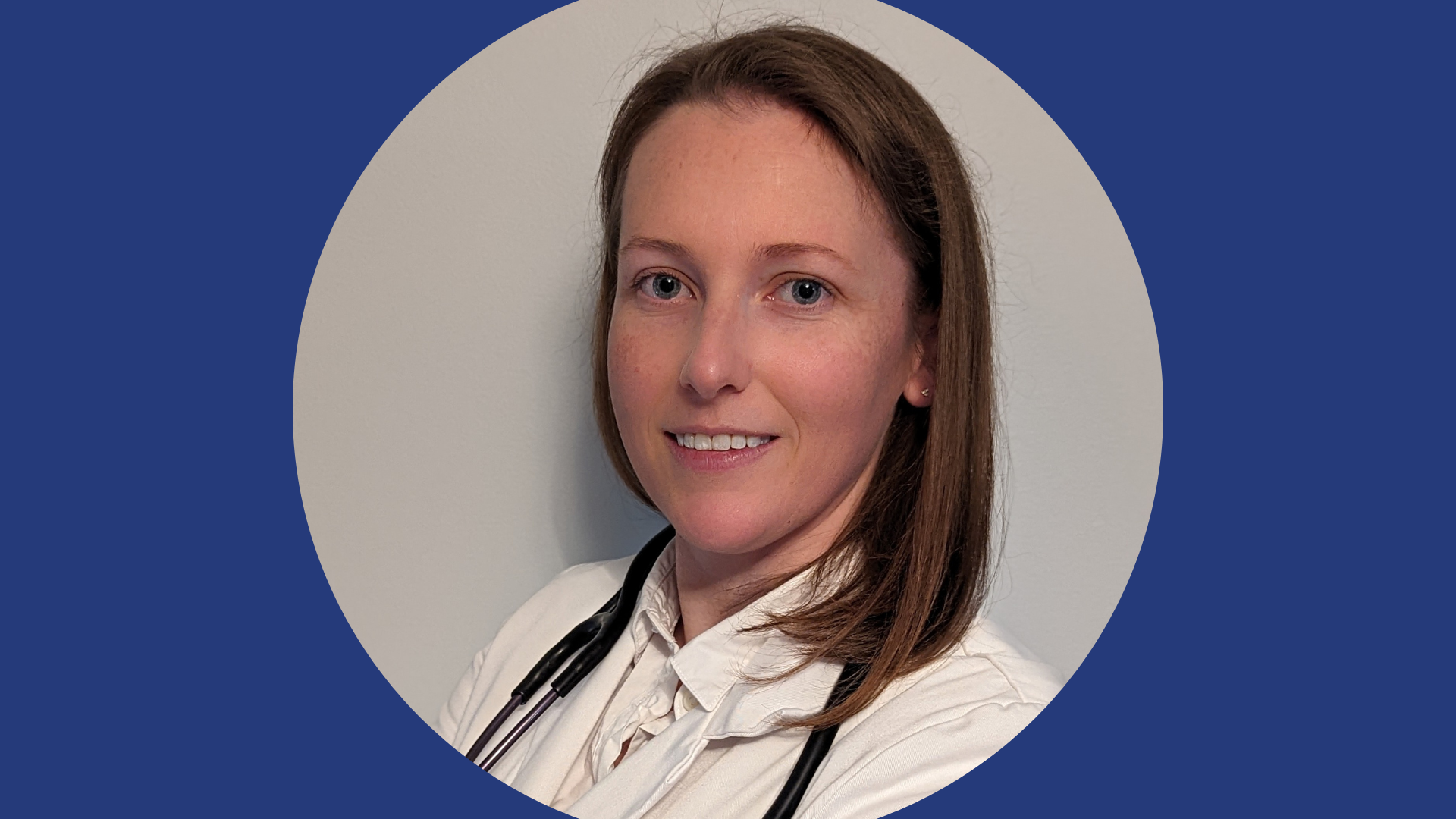Historically, women have not been educated about HIV risk. Because of this, women have not been studied in some significant clinical trials for pre-exposure prophylaxis (PrEP ), which prevents HIV. They have also been left out of studies on anti-retroviral treatment (ART), which suppresses HIV. Women like Freda Jones are trying to change that.
Recent data suggests that women account for 1 in 5 of all new HIV cases in the U.S. Because women are often overlooked in the HIV space, many of them are diagnosed at a later point in life than men.
Men ages 13-34 account for 60% of HIV diagnoses among men. Women in the same age group, however, account for 40% of diagnoses among women.
Additionally, some women who are living with HIV don’t know that they have it. Two decades ago, Freda Jones was one of those women, until she started having symptoms such as chills, fatigue, sore throat, and others that lead her to the doctor.
Freda, new member specialist at AvitaCare Atlanta, received her results. She was shocked to find out she had been diagnosed with HIV.
More Education is Needed for Women
One of the reasons this diagnosis took Freda by surprise was the lack of education she received regarding HIV.
“I don’t feel like enough information was around for women, especially for African American women,” says Freda. “HIV, especially 20 years ago, was made out to seem like it only impacted gay men—specifically white, gay men. I felt like I wasn’t at risk because I’m a black woman. I was not an injection drug user. At the time, I didn’t have multiple sex partners. So, I felt like HIV didn’t apply to me.”
And while Black women only account for 13% of the population, they account for 54% of new HIV infections among women. Also, PrEP has been on the market for over a decade. But only 7% of users are women. “I feel like the women are getting the bottom of the barrel when it comes to PrEP education,” says Freda. “We’re getting the leftover stuff.”
It’s high time that people who are assigned female at birth (AFAB) are informed of their HIV risk.
Freda wants AFAB people to know: “I was having condomless sex with one person. If you are having condomless sex, you are HIV possible. I was in a relationship for four years and my partner at the time knew he was HIV positive, but I didn’t know. We never had a conversation about his status. Any time you are sleeping with someone new, it’s ok to ask about HIV status. It’s your right.”

Freda isn’t satisfied with the progression of education for AFAB folks over the past 20 years. “We still need HIV and education for women today,” says Freda. “There isn’t enough information out there. I think it’s time to push more resources towards education for women. There is still so much we don’t know about HIV’s impact on women.”
Intersectionality for Women with HIV
Common, early signs of HIV include fever and muscle pains, headaches, sore throat, night sweats, mouth sores, swollen lymph glands, and other symptoms.
However, there are additional symptoms that impact people assigned female at birth, according to AHF:
- Changes in Menstrual Cycle (heavier or lighter periods or bad PMS)
- Lower Belly Pain due to Pelvic Inflammatory Disease
- Pain During Sex
- Vaginal Yeast Infections
For people assigned female at birth who are HIV positive, Freda thinks there should be more research on co-morbidities.
“At a certain age, you’re experiencing menopause, you’re experiencing bone loss, you may experience breast cancer,” says Freda. “So how does HIV interact with those comorbidities?”
While there is some research on these additional factors that could impact long-term health, the studies are more recent (2020-present) and not extensive.
Q Care Plus Clinician Lead Dr. Jennifer Belfry, DNP, FNP-BC, AAHIVS Jennifer Belfry says, “HIV causes aging happen more quickly. So, menopause can occur somewhat earlier than expected. Bone loss is also a big issue since some ARVs certainly decrease bone density. For AFAB people living with HIV, a healthy lifestyle becomes even more important due to these factors. So, focusing on not smoking if possible, maintaining a healthy weight, and other key factors can really help with some of these concurrent issues.”

Building a Community with HIV Positive Women
Early on in her diagnosis, Freda was hungry for a community of other AFAB people with shared experiences. Her doctor referred her to a local support group. But, since it was at a clinic where she was not a patient, she was asked to leave after attending only one meeting.
Freda decided to take the future into her own hands by starting a support group for HIV-positive women in Atlanta: Loving Ourselves Through Unity and Strength (LOTUS).
Through this support group, Freda has brought hundreds of women together, some of whom have been living with HIV for 30 to 40 years.
Freda was spot on: peer support is good for your health.
In a 2022 study on peer education and HIV, “women who participated in HIV peer navigation intervention experienced significant changes in self-reported self-advocacy outcomes.”
Although the group is for HIV-positive people, Freda and the other women engage in advocacy in the community, which includes talking about their stories on social media. She believes that by sharing their stories, they can save lives.
Creating a Safe Space for Patients
Freda’s own experience has shaped the way she interacts with patients at AvitaCare Atlanta.
“I try to make patients feel as comfortable as possible. That way, they feel encouraged to stay compliant with their medication and keep their doctor’s appointments,” says Freda. “If they come in and want to talk about sex, I try to create an environment where they have no shame. We talk about risk reduction when having sex. We also talk about if they have recurring STIs, getting down to the why behind what they are experiencing.”
By talking to patients and being visible in her community, Freda is reducing stigma and educating vulnerable populations.
To learn more about Freda and her work, please visit AvitaCare Atlanta’s site.

Freda Jones
Freda Jones, a new member specialist at AvitaCare Atlanta, was diagnosed with HIV in 2002. Freda has been making history in HIV prevention ever since. She has worked as an HIV Prevention facilitator for organizations like “Reaching Out to Sisters with HIV/AIDS” (ROSHA), “VOICES,” and “The SISTA Project.”
She was also the first female peer-to-peer counselor at AIDS Survival Project. Outside of her AvitaCare Atlanta duties, Freda serves on the speaker bureau for Gilead Pharmaceutical Company. She is also featured in the Greater Than HIV Campaign, a national campaign from HIV.gov. Freda has also been featured in a variety of publications, including Ebony Magazine and Essence Magazine.

Dr. Jennifer Belfry
Dr. Jennifer Belfry, DNP, FNP-BC, AAHIVS, has her Masters in Science as Nurse Practitioner from Columbia University and a Doctorate of Science in Nursing Practice from the University of Massachusetts where her doctoral project was “Introduction of HIV Point-of-Care Testing in Adolescent Primary Care.” Dr. Belfry is also a certified HIV Specialist and has over a decade of nursing experience in a variety of practices, including family medicine, and she currently serves as the Clinician Lead at Q Care Plus.



